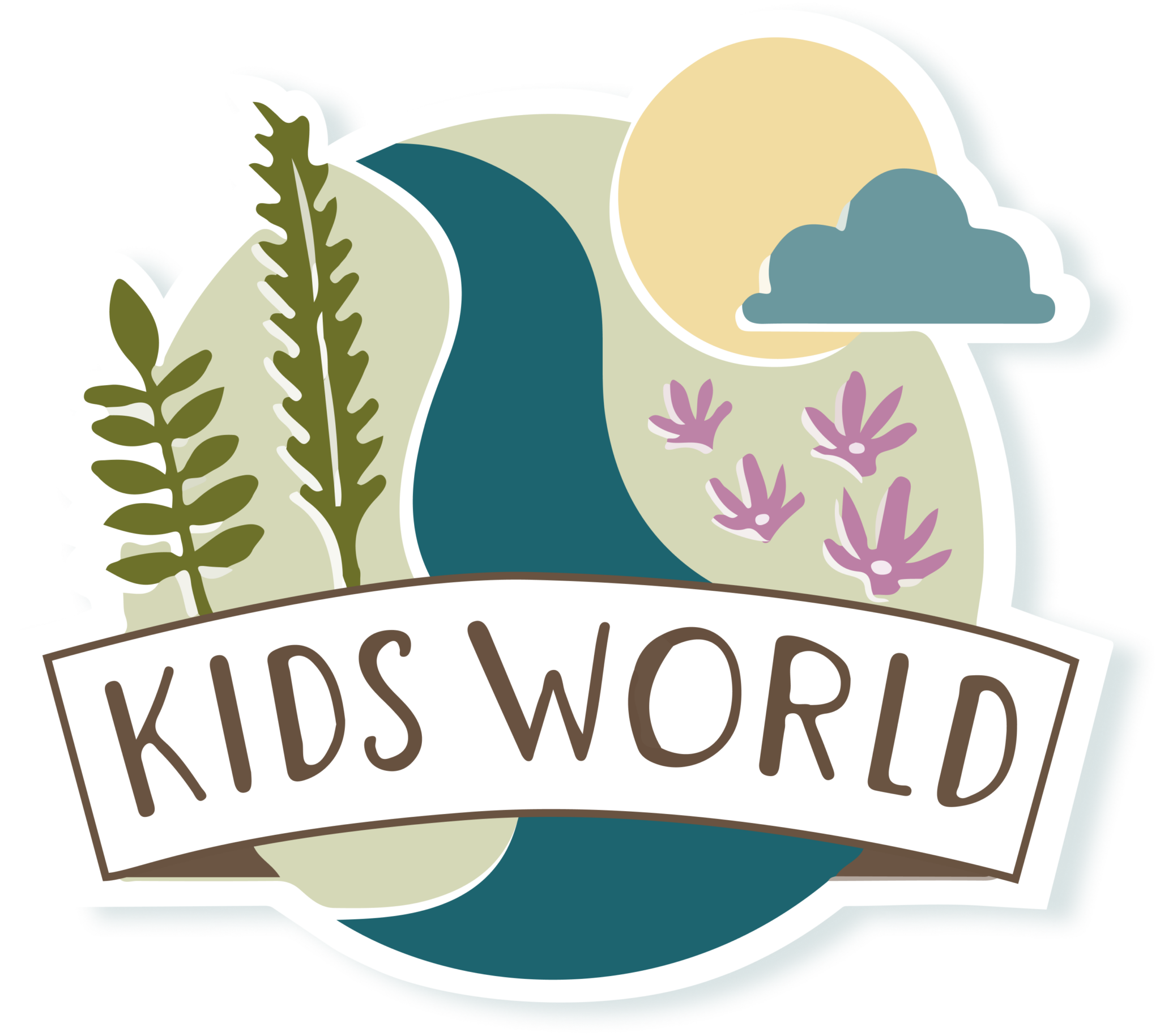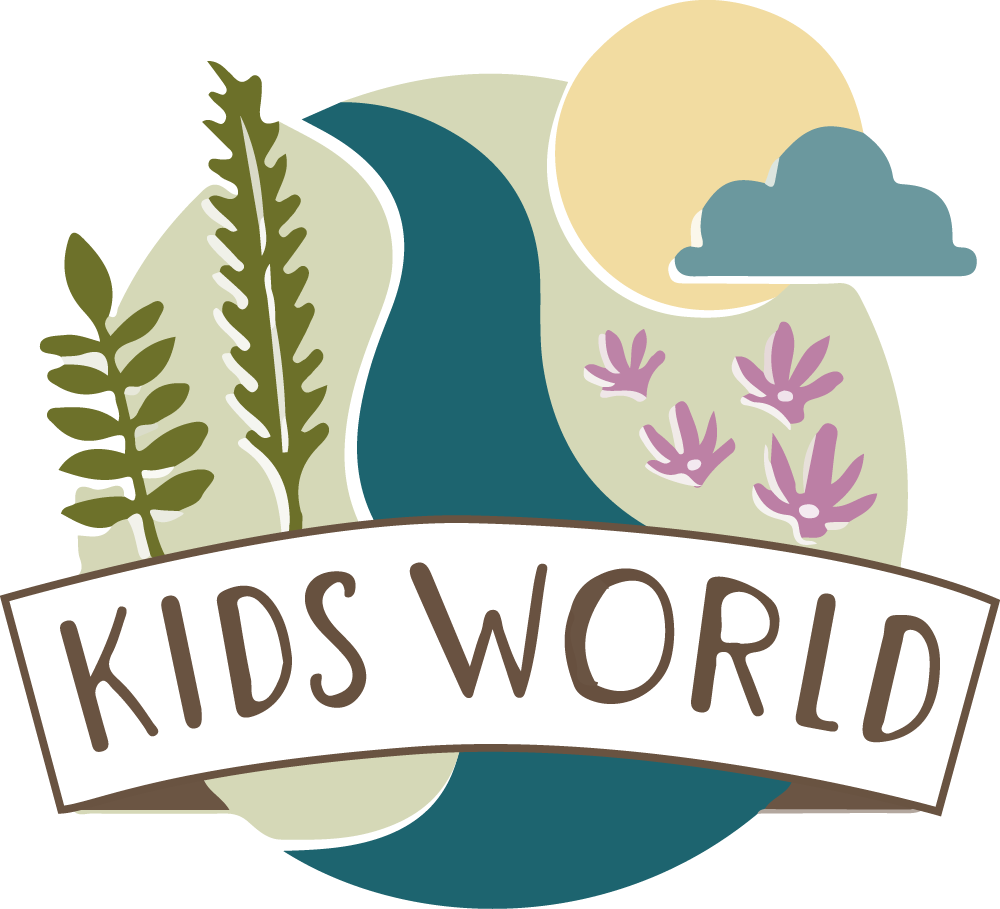LET’S HAVE A CONVERSATION
Language development is one of the most fascinating facets of human growth. Surely, you’ve noticed that anytime someone gets near a baby it’s hard to resist smiling, moving closer, and speaking to the baby in simplified, repetitive, high-pitched tones. It seems to be a natural phenomenon, and it’s a good thing! This manner of speaking to infants is often called “parentese” or “motherese” and it helps the baby isolate words and begin to learn how to communicate. Babies actively listen and try to imitate the sounds they hear. Next time you have the opportunity; watch how an infant’s gaze is riveted on the person speaking to him or her. The baby may smile but usually remains quiet while being spoken to, then responds with wonderfully animated gestures, sounds, or cooing (in any combination) when the person finishes speaking.
When a baby listens to speech he is developing his “receptive language” skills; when a baby tries to produce sounds, he is developing “expressive language skills. Studies show that the period from birth to 5 years old is the best time for learning language skills. Of course, language development continues through childhood, to early adulthood and beyond. There is a close connection between the development of a child’s thought process and the development of language. Infants have a universal ability to learn language no matter what their native tongue. Children who are raised in families with more verbal parents, siblings and extended family have been shown to develop better language skills. Language delays may signal other developmental problems or childhood diseases. Although each child develops language skills at their own rate, if your baby is not showing any interest in communicating by 6 to 9 months, talk to your pediatrician. A typical child has a vocabulary of 3,000 words by 3 years of age, and 10,000 words by 5 years of age!
How Can You Help?
Some researchers say babies learn language through imitation, while others say humans are born with an innate ability to learn language. Regardless of the debate, there are many things you can do to promote your child’s language development.
Talk: Talk to your child often and about all the little routines you do every day. “Oh, you have a wet diaper! Let’s take care of that right away and get you all dry and comfy.” Your child will begin to recognize the cadence and tone of different family member’s voices and “engage” at every opportunity.
Point it out: Gesturing is one of an infant’s first forms of communication. When your baby points to things, name the object she is pointing to, or you do the pointing and tell the baby what it is. “Spoon” “Apple” “Stroller”
Read: When a child listens to familiar stories, he learns to recognize repeated words and sentence structure.
Sing: Children are captivated by the rhythm and flow of simple songs. They may even begin to naturally move their bodies to music. Singing also helps improve attention span and memory and makes it easier for them to remember the words of a song. Finger plays & nursery rhymes are also a favorite activity of babies & young children.
Repeating: Believe it or not, young children look forward to routines. Routines create a comforting structure for everyday life. The words and phrases you say daily to your child will do the same. “It’s bedtime, let’s get our jammies on.” “Daddy’s home!” “It’s splishy-spashy time, let’s get the rubber duckie.” “Oh, our kitty is hungry, let’s get her some food.” The simple everyday scenarios are the best times to “converse” with your child, and most likely where some of the best language development will take place.
Labeling: Give a name to everything! “Mommy’s going to cook some carrots for dinner right in this pan.” “Let’s put on your hat and coat.” “Mr. Bunny is under the chair.” Talking about familiar objects and routines helps expand your child’s vocabulary.
Expanding: Your child may say, “Go bye bye car.” When you expand upon that sentence and say, “Yes, we are going for a ride in the car.,” you help your child understand how words are used in a sentence.
Ask Questions: “Do you want some more bananas?” “Did you lose your teddy bear?” “Where’s Daddy?” “What is that doggy running after in the yard?” Questions reinforce the idea that you are expecting a response from your child. It will build your child’s confidence by knowing that he / she can pass information to you, and you will listen to his / her answer.
Another way at assist is to find a childcare program that focuses on early literacy. This will enhance the communication that you are already having at home with your children. Kids World Learning Center is involved in a Language and Literacy grant that focuses on the teacher-child communication relationship. Our teachers are professionally trained to increase the amount of language that is given throughout the day, which positively impacts your child’s learning. During the grant years and data collection of just 12 weeks, 9 classrooms with a total of 82 children experienced 3,382, 263 adult words and 97,812 conversational turns at Kids World Learning Center.


